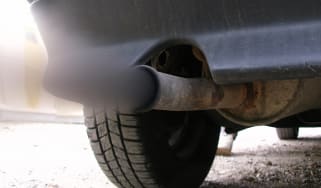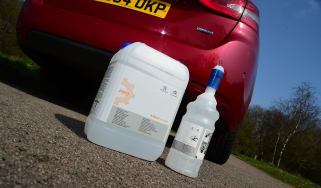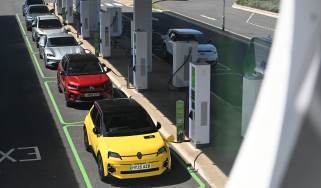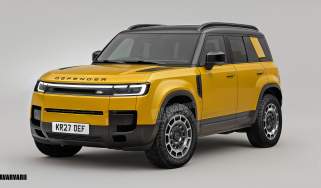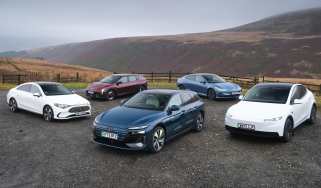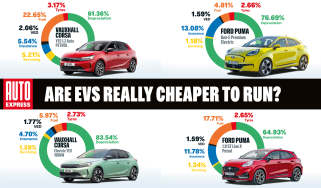Electric cars are not the only green solution, says Porsche
As a pioneer of sustainable eFuels, Porsche thinks EVs are not the only option when it comes to achieving climate goals
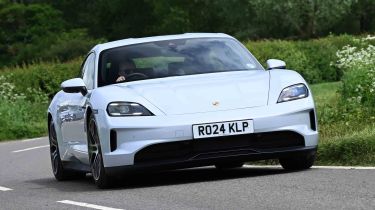
European leaders need to look beyond electric vehicles to avoid being at odds with car manufacturers in achieving climate goals, according to Porsche’s head of procurement, Barbara Frenkel.
Speaking at the Financial Times Future of the Car Summit in London this week, Frenkel said that while Porsche supports the EU “intensely pursuing” the Paris Agreement’s goals, doing that only through electric cars is risking a divide with the car industry.
“For them, the only solution is going into electromobility, and when you also try and promote other technical solutions which can be sustainable, but also are to consumer's liking, does the industry follow the overall goal of the EU?” she said.
Porsche has been a leading pioneer of sustainable eFuels that could power combustion engines without the tailpipe emissions, but they are yet to gain traction or widespread political support.
“This is something where we have to build bridges,” said Frenkel. “We are not losing sight of our ultimate goal, but in between we need to stay competitive and we need to work on our existing technical portfolio because this is what consumers are buying.”
Porsche is involved in a pilot synthetic fuel plant in Chile, in collaboration with others including German tech firm Siemens. It’s part of a move to show that the fuel, which can cut tailpipe emissions by up to 90 per cent but use the existing refuelling network, could allow internal combustion engines to live on. For now, it’s on a small scale, fuelling Porsche Cup racing cars, but plans are being developed for more plants.
Frenkel also said the reliance on Asia for battery technology is handicapping European brands in the move to EVs, and building European supply chains for EV powertrains is crucial to avoid leaving the continent no better off politically than when it relied on oil.
“If you push us in one direction without building the supply chain, we come to the next dependency,” she said. “We have been in a strong dependency on energy, we suffered a lot recently and we all know why, and now we have a high dependency when it concerns batteries.”
Frenkel said she “would not give up” on a European battery supply chain to rival the Asian dominance. “We have tried various situations and found out what does not work, but we have learned a lot. It costs billions to build a battery manufacturing plant and you have to scale it. We can do it, but you need to have the boost for electric cars so we have the market share.
“We need it if we want to have a strong industry, and this is important for Europe because our social welfare is highly dependent on the car industry; we need to have a robust and healthy supply chain in Europe,” she concluded. “This is a super-important goal for me and what I’m fighting for when I speak to politicians."
Tell us what you love (and hate) about your car. Take the Driver Power survey now and you could win a £1,000 John Lewis voucher



